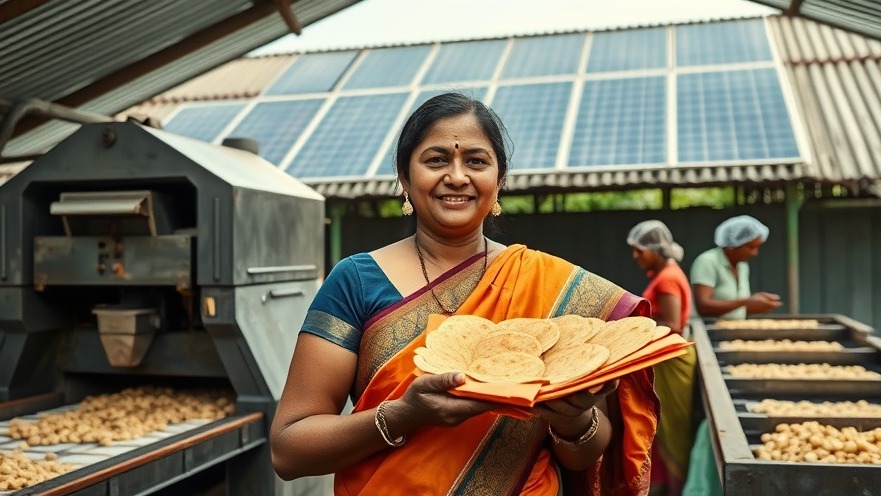
Revolutionizing Agriculture for a Healthier Future
The Rodale Institute has been at the forefront of regenerative organic agriculture since its inception in 1947, driven by the visionary founder J.I. Rodale. As a pioneer in the organic movement, Rodale not only coined the term 'organic' but also intricately linked soil health with human health — an insight that remains critical today. This connection is becoming increasingly emphasized as society grapples with health epidemics linked to modern agricultural practices.
The Historical Roots of Regenerative Practices
Rodale's passion stemmed from personal struggles with health and a desire to change his dietary sources. After witnessing the pervasive use of chemicals in agriculture post-World War II, he sought guidance from Indigenous agricultural practices, such as those of the Hunza Peoples, renowned for their longevity. His quest was to demonstrate that natural approaches yielded not only healthier food but also healthier communities.
Educational Insights and Practical Applications
Today, the Rodale Institute provides training and education to farmers around regenerative practices designed to recover land and nurture ecosystems. This training emphasizes techniques such as 'chaos gardening,' where natural resilience is harnessed instead of conventional control methods. It aligns with modern sustainability practices increasingly sought by boutique hospitality professionals aiming to create eco-conscious lodging experiences for their guests.
Why Should Boutique Hospitality Professionals Embrace Regenerative Organic Agriculture?
For small-scale hotel owners and eco-lodge operators, utilizing regenerative organic agriculture can transform their establishments. By incorporating these practices, they can boost their guests' experiences through farm-to-table meals, promote environmental stewardship, and enhance their property’s appeal through natural landscapes. Not only does this contribute to the well-being of their visitors, but it also addresses ongoing issues like climate awareness and the hazardous impact of microplastics used in traditional agriculture. A healthier ecosystem benefits all — from the soil to hospitality enterprises.
Looking Ahead: The Future of Agriculture and Hospitality
The increased awareness of climate issues prompts hospitality sectors to rethink their sourcing and farming techniques. The Rodale Institute encourages a shift towards sustainable resources, including alternatives to leather and insights on biodiversity that contribute to flourishing nature reserves and thriving coral reefs. As we educate ourselves on these practices, hospitality professionals can lead the charge in creating experiences that resonate with eco-conscious travelers while reinforcing their commitment to sustainable living.
Inspirational Case Studies from the Rodale Institute
Numerous case studies from the Rodale Institute illustrate how regenerative practices have revitalized both land and communities. For instance, farmers have reported improved soil health and increased biodiversity on their farms after incorporating regenerative methods. These experiences not only prove the effectiveness of such practices but also serve as compelling narratives for hospitality marketing, drawing in guests who value sustainability.
The Call to Action: Engaging with Regenerative Practices
As hospitality professionals, embracing regenerative organic agriculture is not just a trend; it is a movement towards a sustainable future. By understanding and implementing these practices, you can significantly impact your local environment while providing your guests with remarkable, eco-focused experiences that resonate deeply in today's conscious market.
 Add Row
Add Row  Add
Add 




Write A Comment